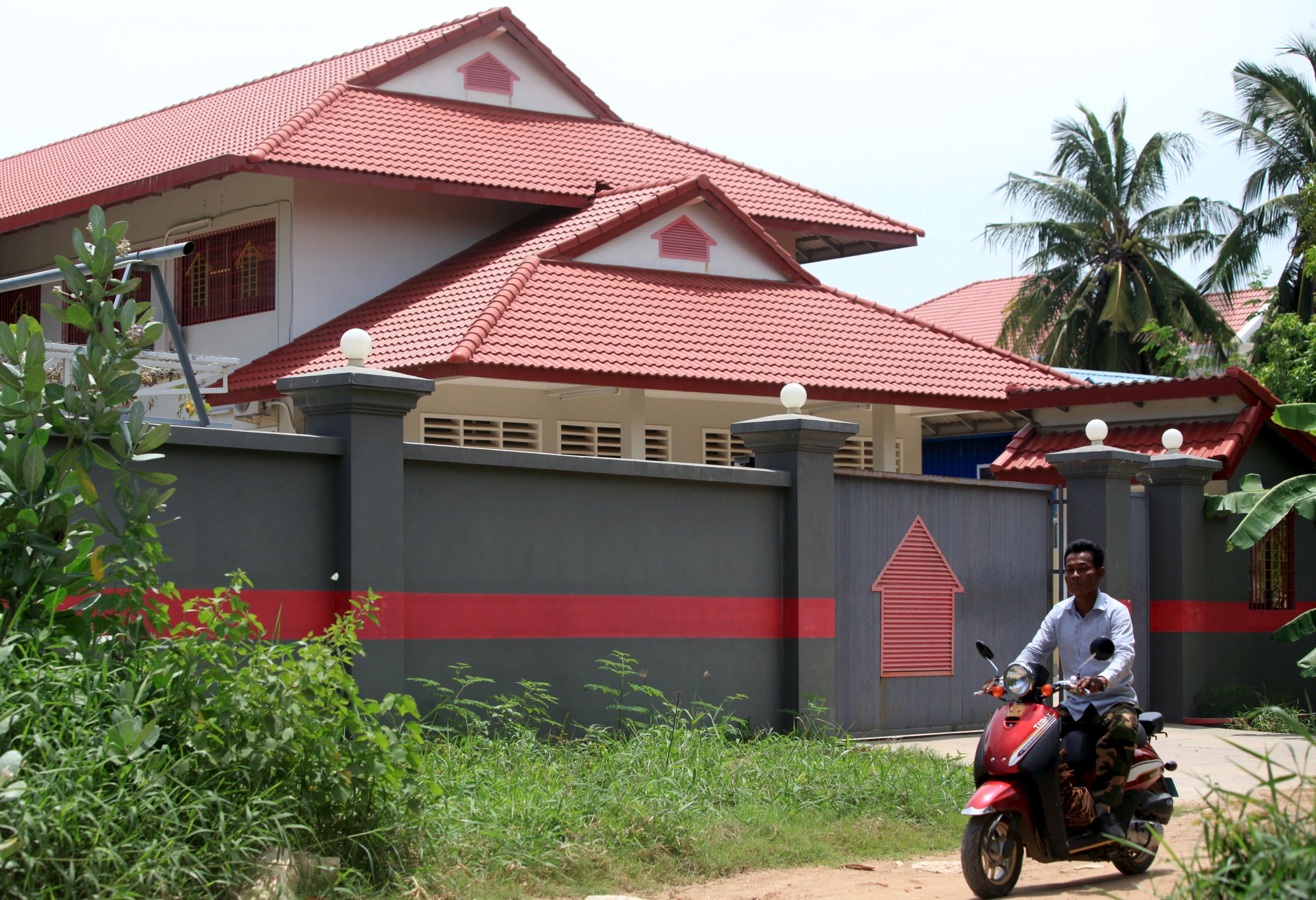
Cambodia said Monday that the country had no plans to accept any more refugees living on the tiny Pacific island of Nauru.
Just four detainees—an Iranian couple, a Rohingya man from Burma (formally known as Myanmar) and another Iranian man—have moved to the Southeast Asian nation under a $39 million controversial deal with Canberra, reports the Sydney Morning Herald. The group were transferred in June and are reportedly living in villas in the capital Phnom Penh.
“We don’t have any plans to import more refugees from Nauru to Cambodia,” Interior Ministry spokesperson Khieu Sopheak told local paper the Cambodia Daily. “I think the less we receive the better.”
Australian immigration officials also failed to sign any more Nauru detainees up for the resettlement program in June, July and August.
However, speaking to reporters in Sydney, Australian foreign minister Julie Bishop denied the pact had collapsed, saying Cambodia was committed to the resettlement deal, reports Reuters.
Under the pact, which was signed last September, Cambodia is meant to accept an unlimited number of the asylum seekers currently being held on Nauru in exchange for $28.5 million in development aid from Australia. A further $11 million was to be used for healthcare, housing, education and training for the new arrivals.
Human rights groups and opposition leaders in Cambodia and Australia have slammed the deal for sending vulnerable people to an impoverished country that itself has a long history of abuses against asylum seekers.
Australia has repeatedly vowed that no asylum seeker trying to reach its shores by boat would ever be resettled in the country. Instead, such arrivals are sent to offshore processing camps on Nauru and Manus Island in Papua New Guinea.
[SMH]
More Must-Reads from TIME
- Why Trump’s Message Worked on Latino Men
- What Trump’s Win Could Mean for Housing
- The 100 Must-Read Books of 2024
- Sleep Doctors Share the 1 Tip That’s Changed Their Lives
- Column: Let’s Bring Back Romance
- What It’s Like to Have Long COVID As a Kid
- FX’s Say Nothing Is the Must-Watch Political Thriller of 2024
- Merle Bombardieri Is Helping People Make the Baby Decision
Write to Helen Regan at helen.regan@timeasia.com